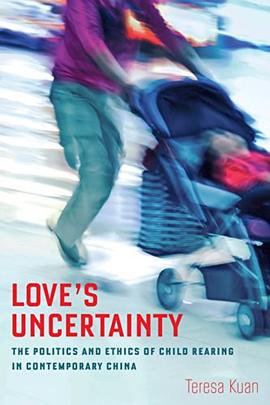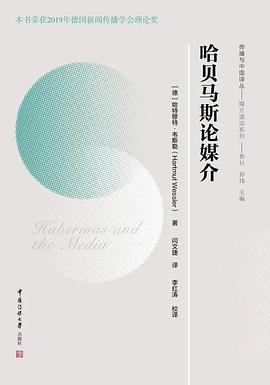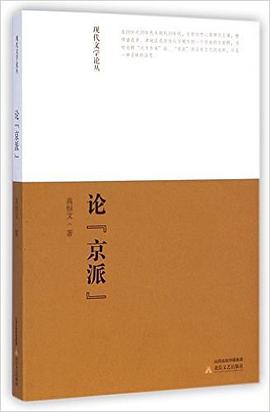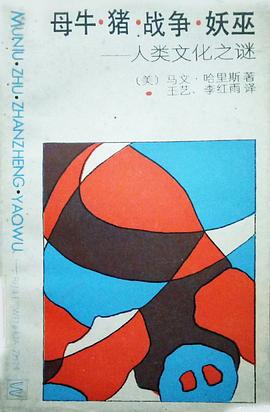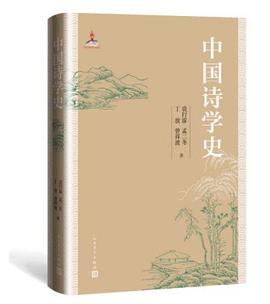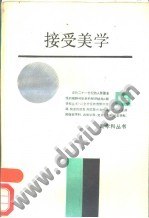Love's Uncertainty
内容简介
Love’s Uncertainty explores the hopes and anxieties of urban, middle-class parents in contemporary China. Combining long-term ethnographic research with textual analyses of popular child-rearing manuals, television dramas, and government documents, Teresa Kuan bears witness to the dilemmas of ordinary Chinese parents, who struggle to reconcile new definitions of good parenting with the reality of limited resources. Situating these parents’ experiences in the historical context of state efforts to “improve population quality,” Love’s Uncertainty reveals how global transformations are expressed in the most intimate of human experiences. Ultimately, the book offers a meditation on the nature of moral agency, examining how people discern, amid the myriad contingencies of life, the boundary between what can and cannot be controlled.
......(更多)
作者简介
Teresa Kuan is Assistant Professor of Anthropology at the Chinese University of Hong Kong.
......(更多)
目录
......(更多)
读书文摘
the ideology of capitalism will lead to the proletarianization of motherhood
subjectivity is constructed
高度戏剧化和情绪化的“诉苦”是土地改革时期的一种叙事手段。为了推进土地和财富的再分配,革命干部鼓励农民讲述自己的苦难,并促使他们认识到这些苦痛源于自己遭受的剥削。以血与泪的形式(其中泪既被言语道出又被展演性地哭出)出现的身体增强了“诉苦”叙事的修辞力量。这一“身体的自发事实”将直接经验与不平等的经济交换体系关联起来(安德训1997b)。
......(更多)
